The market for fresh vegetables prevails year-round, but supply is limited to the season of cultivation. Changes in climatic vagaries such as temperature fluctuations, humidity, wind velocity, etc. adversely affect growth, flowering, fruit setting, and ultimately yield and economic return.
The unpleasant climate has significantly decreased overall production or even contributed to the complete failure of crops. The increasing population, rapid industrialization and urbanization are increasingly reducing the amount of land cultivated. Under a shrinking land area and demand for fresh vegetables forces the policymaker to think beyond open field cultivation.
Also Read: AP Govt to invest ₹10,000 cr for Agri Infra – CM Jagan Mohan Reddy
To increase the supply of fresh vegetables outside the regular season, it is important to encourage off-season cultivation. Under open field conditions, summer crops of winter season vegetables are not possible as scorching sun and higher day and night temperatures adversely affect vegetative development, causing flower and fruit drops.
Once again, open field planting of summer crops during the winter months suffers from low temperatures, cold waves and freezing injuries. The crops can be raised during the off-season by implementing adequate technologies and providing a favourable climate.
With the installation of a shade net that partially regulates temperature and light and provides a favourable crop growth condition allowing the crop to be raised with desirable yield and quality during extreme summer months.
Again, during winter months, shade net retains greater temperature and light intensity compared to outside, which favors the growth and yield of summer vegetables. Safe structures like shade nets give enormous scope for the Indian farming community to optimize the use of available land and increase productivity, as well as to minimize the use of harmful pesticides.
For the betterment of the farmers and as an income source during off seasons it is appropriate to adopt a protected framework for year-round cultivation of the various vegetable crops.
Also Read: Commission Reco and Policy Attention to Improving Farmers’ Income
In order to reduce the burden of the initial expenditure, efforts should be made to create safe structures. It is important to facilitate the promotion of low-cost safe structures with natural ventilation. The market should be related to the availability of crops as part of the secured system for full monetary benefits.
Advantages of Shade nets:
- Even in extreme weather conditions, this Shade net gardening technique is easy to install and provides more efficiency.
- Water demand for garden plants decreases, which contributes to water conservation.
- Helps to grow vegetables, flowers and even medicinal plants.
- Shade net for fruit and vegetable nurseries are most beneficial.
Vegetables suitable for Shade net cultivation:
In shady houses, root crops and leafy vegetables will flourish. Asparagus, Carrots, Beans, Cucumbers, Beetroot, Broccoli, Lettuce, Potatoes, Radish, Brussels sprouts, Cabbage, Pea, Cauliflower, Capsicum, Herbs (almost all), Leeks, Onions, Parsnips, Parsley, Scallions, Spinach, shallots, Turnip, Tomatoes are the vegetables for shade net cultivation.

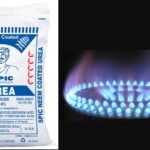




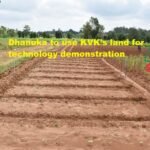

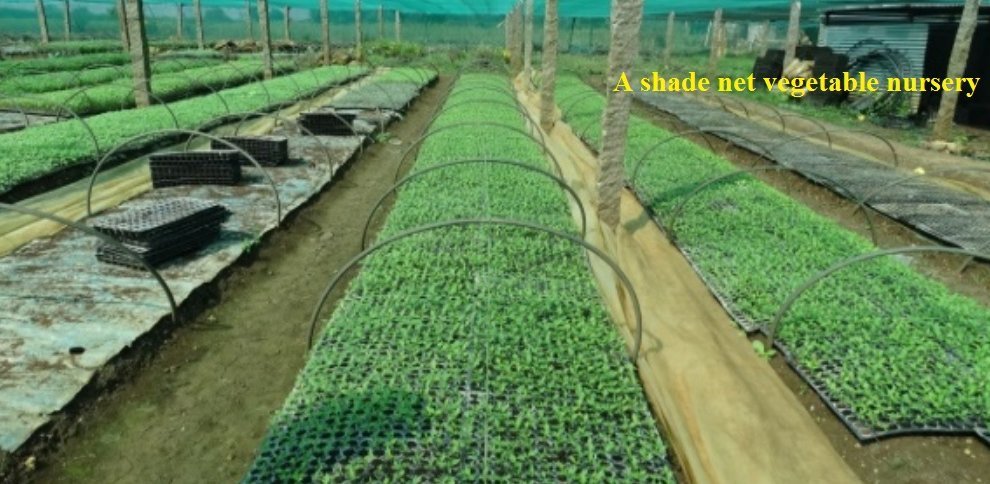


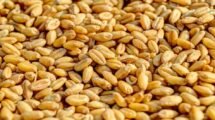
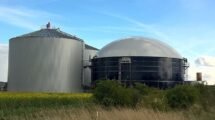


Add Comment